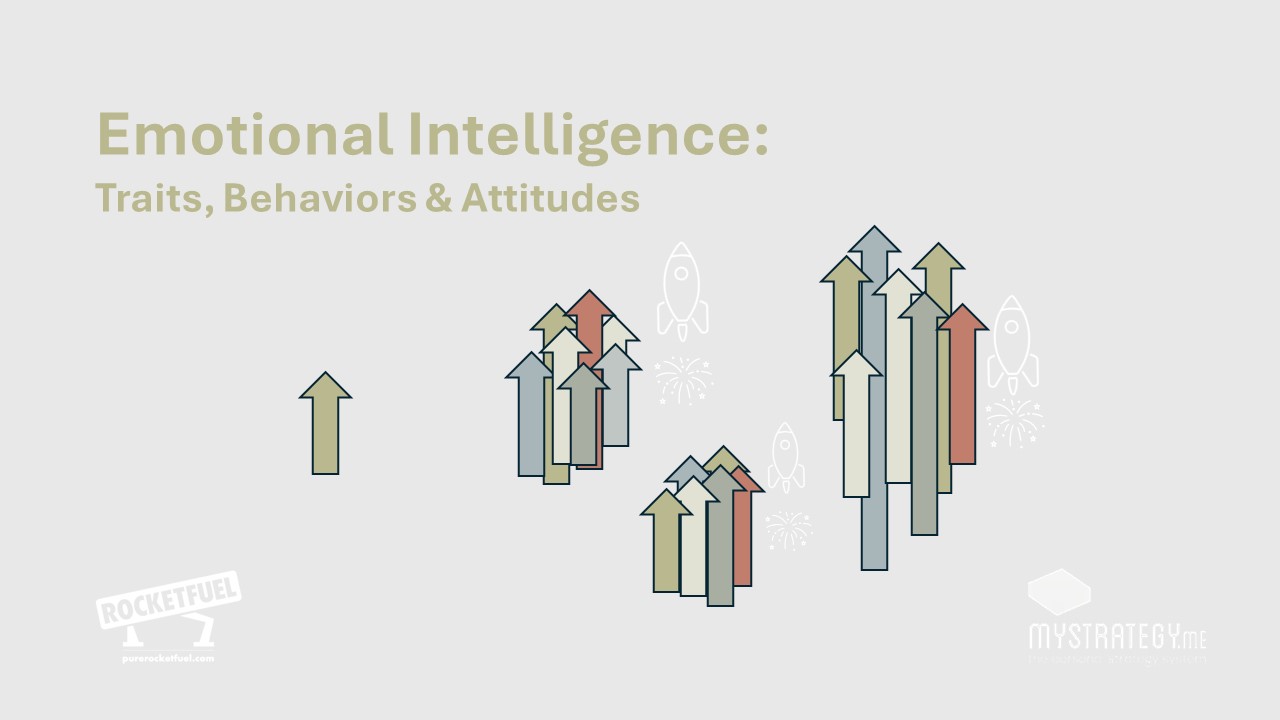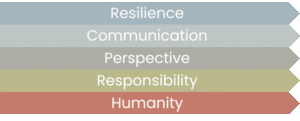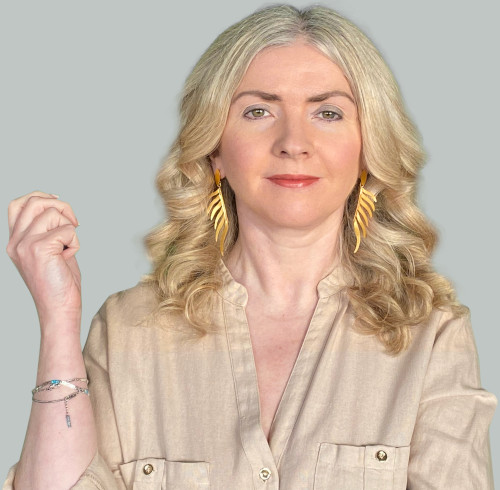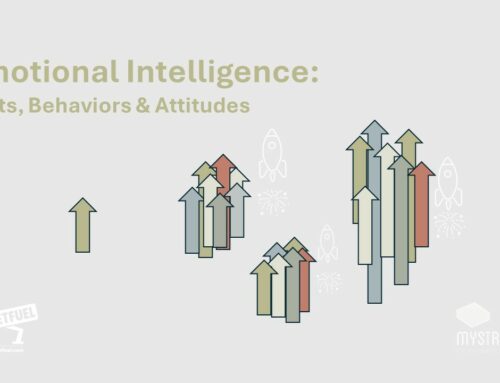
Understanding emotions can be like navigating a maze of mirrors, suggests Leadership & Performance Coach Davina Greene.
Emotional intelligence, a term thrown around with the frequency of confetti at a celebration, yet often misunderstood and underestimated. It’s a concept that’s both simple and complex, akin to peeling an onion – layer by layer, revealing insights into the depths of human behavior and interaction. So, dear reader, let’s embark on a journey through the labyrinth.
Understanding Emotional Intelligence
At its essence, emotional intelligence is the ability to recognize, understand, and manage both our own emotions and those of others. It’s about being attuned to the subtle nuances of human interaction, from a fleeting smile to a furrowed brow, and responding with empathy, insight, and grace. But don’t be fooled by its simplicity; emotional intelligence is a multifaceted concept that encompasses a myriad of skills and competencies.
First and foremost, emotional intelligence begins with self-awareness – the ability to recognize and understand our own emotions. It’s about tuning into the signals that our body and mind send us, whether it’s a flutter in the stomach or a pang in the heart. Self-awareness is like shining a light into the darkest corners of our psyche, illuminating our fears, desires, and insecurities.
But self-awareness is just the beginning.
Emotional intelligence also entails self-regulation – the ability to manage and control our emotions in the face of adversity. It’s about maintaining composure in the midst of chaos, resisting the urge to lash out in anger or retreat in despair. Self-regulation is like a tightrope walk, requiring balance, poise, and a steady hand.
Yet emotional intelligence extends beyond the confines of our own minds to encompass the realm of social awareness – the ability to recognize and understand the emotions of others. It’s about tuning into the subtle cues that people emit, from the tone of their voice to the expression in their eyes. Social awareness is like peering through a window into the soul of another, glimpsing their joys, sorrows, and hopes.
But social awareness alone is not enough.
Emotional intelligence also entails relationship management – the ability to navigate the complexities of human interaction with skill and finesse. It’s about forging meaningful connections, resolving conflicts, and inspiring collaboration. Relationship management is like conducting a symphony, orchestrating the harmonious interplay of personalities and perspectives.
Myths of Emotional Intelligence
Now, let’s dispel some myths about emotional intelligence, shall we?
First off, the notion that emotional intelligence is a fixed trait, like eye color or shoe size, is inaccurate. In reality, emotional intelligence is a skill that can be cultivated and honed over time through practice, reflection, and feedback.
Furthermore, the idea that emotional intelligence is a sign of weakness is as misguided as a compass pointing south. In fact, research has shown that individuals with high emotional intelligence are more resilient, adaptable, and successful in both their personal and professional lives.
But perhaps the greatest misconception about emotional intelligence is that it’s a soft skill, relegated to the realms of therapy and self-help books. Nothing could be further from the truth. Emotional intelligence is a critical asset in today’s fast-paced, interconnected world, where success often hinges on our ability to navigate the complexities of human interaction.
As can be seen from my Leadership Model for developing organizational leaders, emotional intelligence is critical in at least 3 stages: the development of Self-Knowledge, the development of Interpersonal Skill, and the accumulation and maintenance of an Audience of active followers.
Increasing Emotional Intelligence
What does it take to cultivate emotional intelligence?
Well, it starts with a commitment to self-reflection and self-improvement. It’s about taking the time to explore our own emotions, to understand their origins and implications, and to develop strategies for managing them effectively.
Emotional intelligence also requires empathy – the ability to step into the shoes of another and see the world through their eyes. It’s about listening with an open heart, validating their experiences, and offering support and understanding. Emotional intelligence can be difficult if it doesn’t come naturally, so it needs proactive work. Often, people find it hard to accept the idea of doing “work” on something they feel is natural and in-built – “Shouldn’t other people just sort of know who I am and tip-toe around me as needed?”, seems to be the vibe in those quarters. And No is the only reasonable response to that.
Of course, no discussion of emotional intelligence would be complete without addressing the importance of resilience. In today’s fast-paced, high-pressure world, setbacks and challenges are inevitable. But resilient individuals with high emotional intelligence are able to bounce back from adversity, learn from their experiences, and emerge stronger and wiser than before.
When coaching an individual, I look through 5 key areas which, well explored, add up to a significant boost to emotional intelligence through understanding of self and others. These also form the basis of the Traits, Behaviors & Attitudes section of my personal strategy system, MyStrategy.me.

Rocket Fuel’s 5 Key Trait groupings
Of course, no amount of discussion is useful unless the individual is willing to actively work on targeted actions between sessions.
Conclusion
In conclusion, emotional intelligence is a critical skill that encompasses self-awareness, self-regulation, social awareness, and relationship management. It’s about recognizing, understanding, and managing both our own emotions and those of others in the pursuit of personal and professional success. So, to all the aspiring emotionally intelligent individuals out there: embrace the journey, cultivate compassion, and navigate the maze of emotions with courage and grace.
Interested in investing in your own personal – and personal strategy – development? Check out www.MyStrategy.me!
Share This!
About the Author




